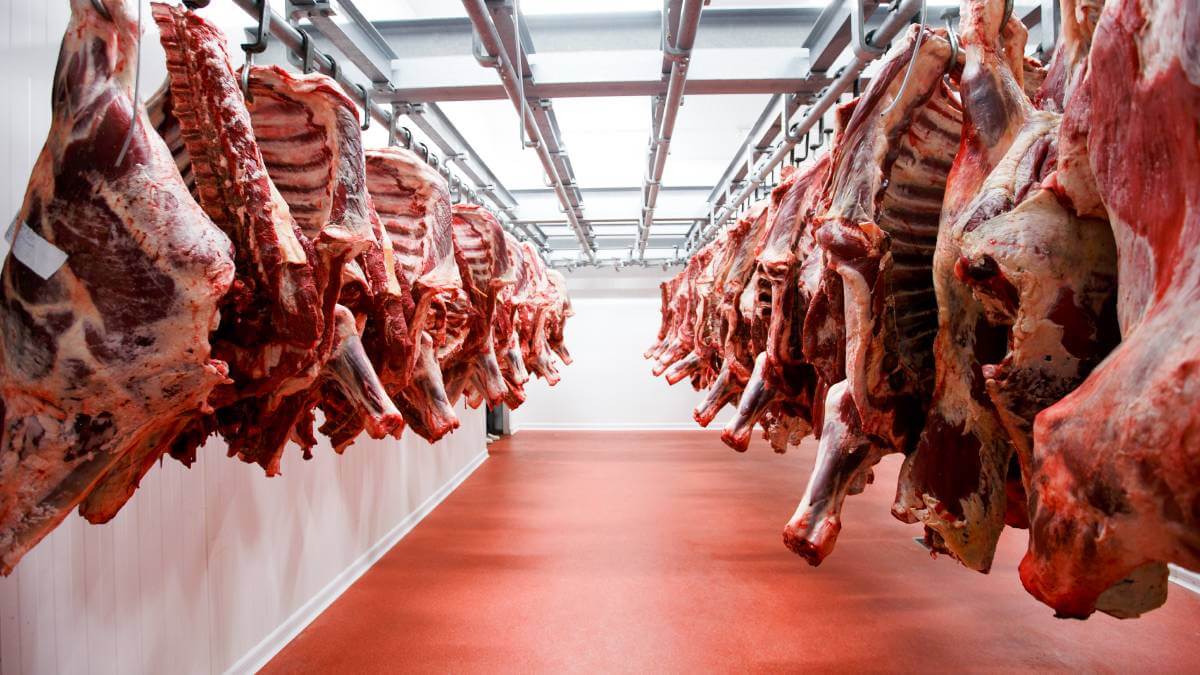
Egypt is knocking on Kuwait’s door with a clear message, one that mixes opportunity with urgency. The country believes it can help meet Gulf demand for reliable food supplies, while building new markets and jobs at home. That case was laid out in recent talks between Egypt’s Minister of Agriculture and Land Reclamation, Alaa Farouk, and Mohamed Gaber Abou El Wafa, Egypt’s newly appointed ambassador to Kuwait. The meeting put fish farming, livestock production and meat-related industries at the top of a practical agenda for cooperation.
Why Kuwait and why now
Kuwait is a market that relies heavily on imports to feed its people. Egypt has land, technical know how and growing capacity in sectors that matter to the Gulf, including aquaculture, poultry, livestock and animal health. Cairo sees a natural fit: Kuwaiti capital and interest, paired with Egyptian production and expertise, can create a dependable pipeline for meat and other food staples. The ministers framed this as a partnership that strengthens regional food security while creating business opportunities for both sides.
From expertise to export potential
Minister Farouk made a point of highlighting Egypt’s advances in livestock production, veterinary vaccines and medicines, and aquaculture. He described fish farming and poultry as among Egypt’s fastest growing agricultural activities, and said these areas offer fertile ground for Kuwaiti investors seeking stable, profitable projects. Farouk also stressed that recent government reforms have improved the investment climate for food security related projects. Those comments underscore a shift from ad hoc trade to structured, long term investment.
The meeting did more than trade compliments. It opened practical channels for cooperation. Ambassador Abou El Wafa, who is about to begin his duties in Kuwait, pledged to make agriculture a priority during his tenure and to convert discussions into real projects and trade flows. Farouk proposed a visit by a Kuwaiti delegation to Egypt so investors and officials can see farms, hatcheries and meat processing plants firsthand. That kind of boots on the ground engagement is the kind of detail that turns an idea into contracts and jobs.
If the talks move forward, cooperation could include joint ventures in aquaculture farms and hatcheries, investment in modern feedlot operations, partnerships on veterinary vaccine production and codeveloped meat processing facilities that meet Gulf market standards. There is also room for projects in land reclamation, agricultural manufacturing and pest control, all of which were discussed as part of a broader agenda. Each of these elements helps close gaps in the food supply chain and adds value that can be exported to Kuwait and the wider Gulf market.
The winners are obvious: Egyptian farmers, processors and service providers who get new buyers and capital, Kuwaiti investors who access stable supplies and diversified returns, and consumers in both countries who benefit from more secure food channels. For this to work, watch for the details on regulatory alignment, sanitary and phytosanitary standards, financing terms and the timing of delegation visits that were proposed by Cairo. Those details will determine whether the talks produce trade agreements, investment pledges or pilot projects on the ground.
Beyond economics, there is a human story here. Egyptian farmers who have learned new aquaculture or animal health techniques can see their incomes grow. Young technicians and veterinarians gain jobs in modern processing plants. Kuwaiti families gain access to reliable, locally inspected meat and seafood with a clear provenance. These are the small, concrete wins that add up to resilience for whole communities.
Egypt’s outreach to Kuwait is smart and timely. It is not just about export volumes, it is about building partnerships that combine technical know how, investment capital and shared interest in food security. If both sides follow through, we should expect pilot projects, investment announcements and deeper trade links in the months ahead. For investors, policymakers and agribusiness leaders, the meeting sends a clear invitation to get involved now, see what Egypt has to offer and shape practical, commercially sound projects that feed people and support livelihoods.
Stay updated with the latest farming tips and agriculture industry news from Africa by subscribing to our newsletter. Don’t miss out on valuable insights and updates. Follow us on Twitter, LinkedIn, and Facebook to join our farming community and stay connected with us.


















